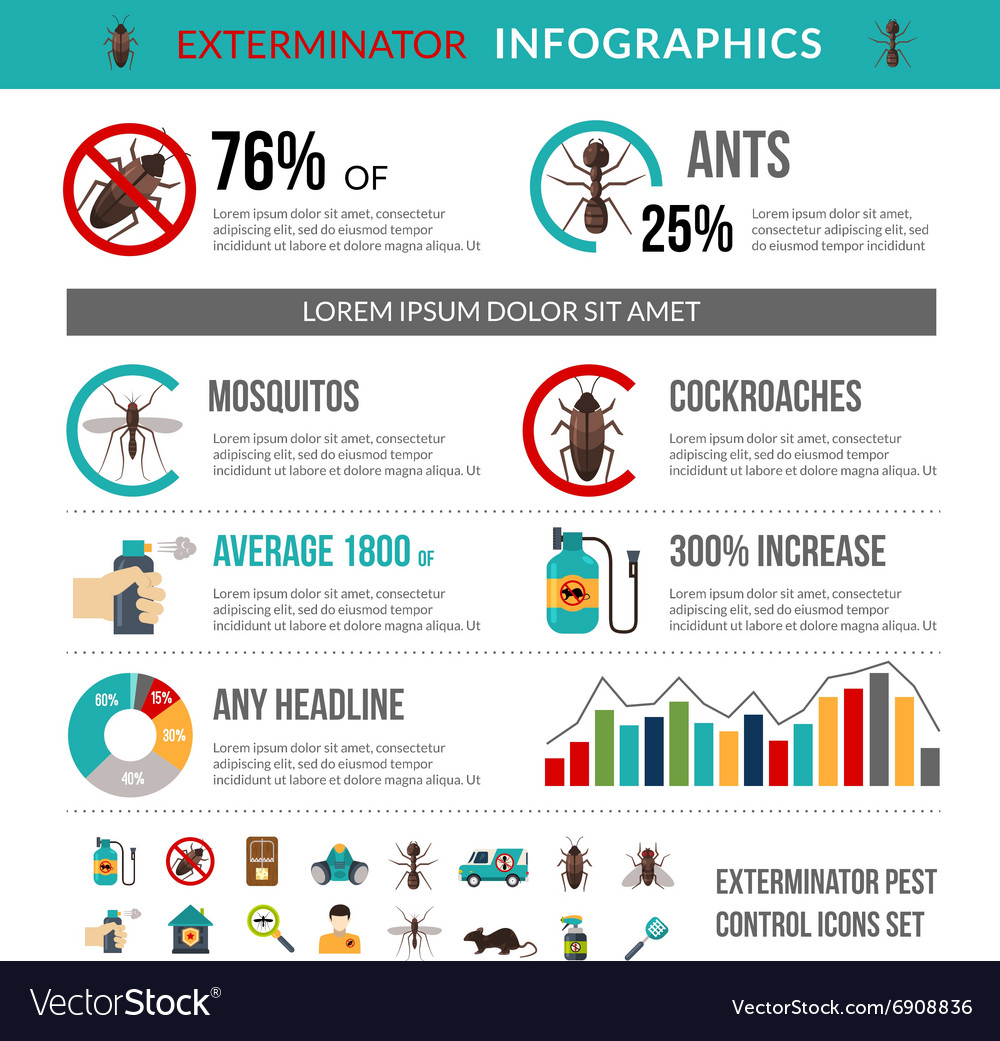Pest-Proofing Your Yard: Tips For Maintaining Exterior Parasites Away
Pest-Proofing Your Yard: Tips For Maintaining Exterior Parasites Away
Blog Article
Authored By-Dunlap Sharma
Imagine your garden as a refuge, a location of tranquility and beauty. Nevertheless, the presence of outside bugs can rapidly interrupt this ideal photo. Suppose there were straightforward yet reliable methods to keep these unwanted visitors at bay and protect your garden sanctuary? By adhering to a couple of functional suggestions and implementing natural approaches, you can create an unified exterior room where your plants can grow uninterrupted.
Natural Pest Deterrents
To keep parasites far from your yard normally, plant fragrant natural herbs like mint and lavender. These aromatic plants not only add charm to your yard but likewise function as effective bug deterrents. Pests like insects, flies, and also some garden-damaging bugs are pushed back by the solid aromas given off by these natural herbs. Merely putting them strategically around your yard can aid create a natural obstacle against undesirable parasites.
Along with https://ratremovalspecialists84050.bloggerswise.com/39079688/eco-friendly-parasite-control-natural-ways-to-keep-rodents-at-bay and lavender, think about planting various other herbs like rosemary, basil, and lemongrass to further enhance your yard's pest-proofing abilities. These natural herbs not only act as natural repellents yet additionally have the included benefit of working in food preparation or crafting homemade remedies.
Strategic Plant Placement
Think about the layout of your yard and the sorts of plants you need to strategically position them for optimum pest-proofing efficiency.
Beginning by grouping plants with similar resistance to parasites with each other. By doing this, you can develop a natural obstacle that deters pests from spreading out throughout your garden.
Furthermore, positioning pest-repelling plants like marigolds, lavender, or mint near even more at risk plants can aid safeguard them. High plants, such as sunflowers or corn, can serve as a guard for much shorter plants versus parasites like bunnies or ground-dwelling bugs.
Bear in mind to leave enough area between plants to enhance air circulation and decrease the danger of illness that pests might lug.
Furthermore, consider planting strong-smelling natural herbs like rosemary or basil near at risk plants to confuse insects' detects and make it harder for them to locate their targets.
Efficient Pest Control Techniques
For combating garden pests properly, applying a multi-faceted bug control technique is necessary. Beginning by urging natural killers like birds, ladybugs, and hoping mantises to aid keep insect populations in check. Presenting plants that attract these useful bugs can help in parasite control. Furthermore, practicing good garden health by removing debris and weeds where bugs may hide can make your yard less welcoming to undesirable site visitors.
Consider utilizing physical obstacles such as row cover textiles or netting to shield susceptible plants from bugs like caterpillars and birds. Applying natural pesticides like neem oil or insecticidal soap can likewise work versus particular parasites while being less dangerous to valuable bugs and the environment. It's vital to rotate your crops each period to avoid the build-up of insect populations that target specific plants.
Regularly inspect https://www.9news.com/article/life/animals/colorado-sanctuary-to-take-in-animals-puerto-rico-zoo/73-9fc43c75-0c64-4467-90bc-9336acbcba89 for signs of parasite damages so you can do something about it quickly. By combining these methods and staying alert, you can effectively control yard bugs and enjoy a flourishing, pest-free yard.
Conclusion
So, there you have it - with the ideal approaches, you can maintain pesky exterior insects away from your yard and aid your plants prosper.
Did you understand that growing mint has been shown to push back insects and various other bugs, lowering the requirement for hazardous pesticides by approximately 60%?
By integrating natural deterrents and smart growing strategies, you can create a beautiful and pest-resistant garden sanctuary for you to appreciate.
